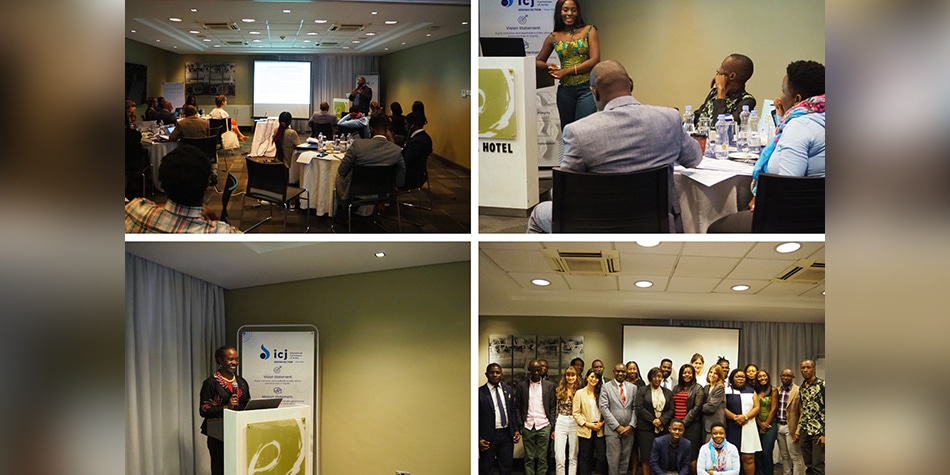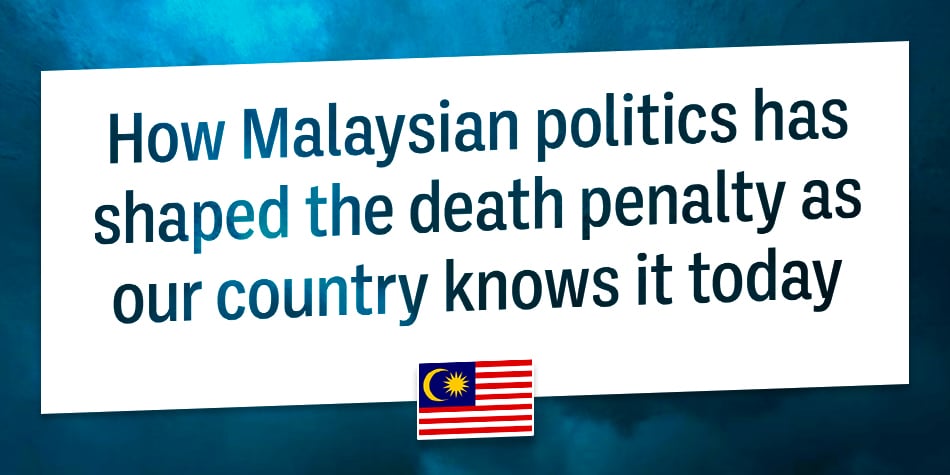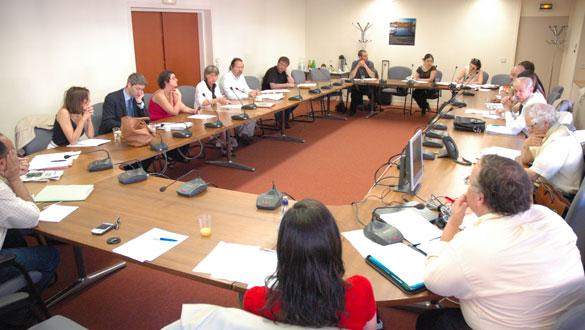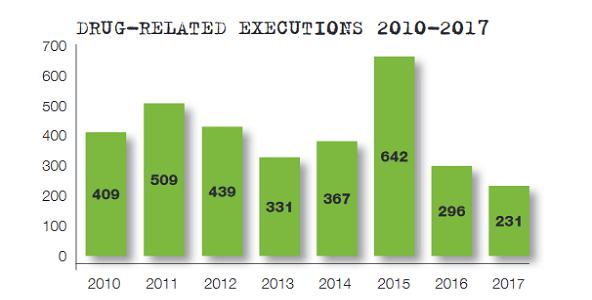
East African Seminar on Best Practices in Kenya: A Key Gathering for the Abolitionist Movement on the Continent
Africa
A privileged moment to exchange on the different abolitionist dynamics in Africa
As part of the Africabolition project, the World Coalition Against the Death Penalty (World Coalition) and FIACAT (the International Federation of ACATS) organized a seminar for English-speaking African members from 19-26 June, 2023 in Nairobi, Kenya.
ICJ Kenya, a human rights organization based in Nairobi and member of the World Coalition, acted as the hosting member of this seminar. Over a four-day training, an average total of 30 participants representing the following members gathered: ACAT Ghana, ACAT Liberia, Amnesty International Zimbabwe, Avocat Sans Frontières Nigeria, Children Education Society (Tanzania), Ditshwanelo (Botswana), ICJ Kenya, Kenya Human Rights Commission, Foundation for Human Rights Initiative (Uganda), HURILAWS (Nigeria), Legal and Human Rights Centre (Tanzania), Penal Reform Internation (Uganda),Prisonners Future Fondation (Zambia), Reprieve (Kenya & Malawi), Society for Human Rights and Development Organisation (Sierra Leone).
In her welcoming address, ICJ Kenya Executive Director Elsy Sainna called upon all organizations present to keep up the fight for human rights in Africa by pushing for the abolition of the death penalty on the entire continent, setting the tone of the seminar. This seminar was an opportunity to exchange experiences between abolitionist countries such as Sierra Leone and Zambia, those that are retentionist and continue to condemned to death penalty but do not carry out executions since at least 10 years such as Nigeria, Kenya and Uganda and those that still carry out executions, such as Botswana. Overall, the aim of the seminar was to share best practices to advance the growing abolitionist trend in Africa.
A training session tackling crucial points for the abolitionist movement on the continent
The first day provided an opportunity to reflect on a range of issues, including how to construct an appropriate narrative to raise awareness on the importance of abolishing the death penalty, and how to build an advocacy mission and manage potential obstacles. To underpin these reflections, some of the participants gave presentations outlining the death penalty situation in their respective countries and the different advocacy strategies adopted, which have led to abolitionist successes in some cases, such as Sierra Leone and Zambia in 2022, while in others the abolitionist struggle continues, as in Liberia and Malawi.
Reflections continued the following day with a module on how to advocate with the United Nations (UN). This module was an opportunity to discover in-depth the UN mechanisms, in particular the treaty bodies and the Universal Periodic Review. It was punctuated by practical group work, such as drafting a report or elaborating a follow-up strategy to achieve results. The third day was dedicating to finding funding for the anti-death penalty movement and how to conduct an efficient financial management, a crucial part to achieve the abolition. The financial module allowed the participants to deep dive in the framework used by backers such as the logical framework required by many donors to show the logical progression of a project towards its objectives. Another key point raised was the importance of properly documenting all expenses daily and the need to maintain a consistent financial monitoring methodology over time. Group exercises were conducted to consolidate these theoretical concepts in practice, for example by organizing a fictitious international mission and documenting all costs involved.
The death penalty in the light of African human rights mechanisms and gender perspective
The last day of the seminar focused on the Draft Protocol to the African Charter on Human and People’s Rights (draft protocol) followed by a module on gender and advocacy. The first part was led by Dr. Ntandokayise Ndhlovu, an incoming member of the African Commission on Human and Peoples’ Rights (ACHPR) Working Group on Death Penalty, Extra-Judicial, Summary or Arbitrary Killings and Enforced Disappearances in Africa. His presentation underscores the key role of regional instruments protecting and promoting the right to life among them the African Charter on Human and Peoples Rights and the related mechanisms ensuring its respect like the ACHPR. In groups, the participants then worked on how to build a realistic advocacy strategy relevant to each country’s situation, to raise support for the adoption of the draft protocol and in doing so strengthening the protection of the right to life for African nations who have abolished the death penalty.
The last day presentation led by Nathalie Greenfield from the Cornell Center on the Death Penalty Worldwide and Amy Bergquist from The Advocates for Humans Rights opened the discussion about tackling the death penalty through a gender lens. This workshop was an opportunity to highlight themes intrinsically linked to women sentenced to death such as gender-based violence and traumas which may result from it. After exposing the systemic patterns behinds women’s capital cases, participants gathered to conduct fact-finding interviews responding to scenarios inspired by real women’s cases.
Finally, after an intensive four-day meeting, the seminar ended with a diploma ceremony, leaving participants full of motivation and resources to continue the abolitionist fight. “[The seminar] exposed me to different advocacy strategies. I also learnt best practices from colleagues from other countries” explains one participant, while another declares “The speakers were not only knowledgeable on their training area but were also engaging and sparked important conversations that allowed for knowledgeable sharing and exchange amongst participants”.”
Following the seminar, participants attended World Coalition’s General Assembly which also took place in Nairobi Kenya on 23-24 June 2023.
Photo: Participants during the seminar. Copyright World Coalition Against the Death Penalty, June 2022.







